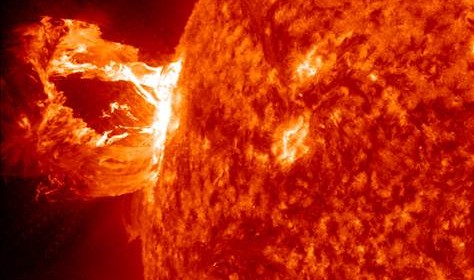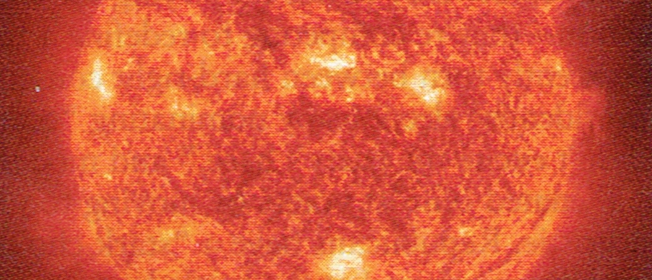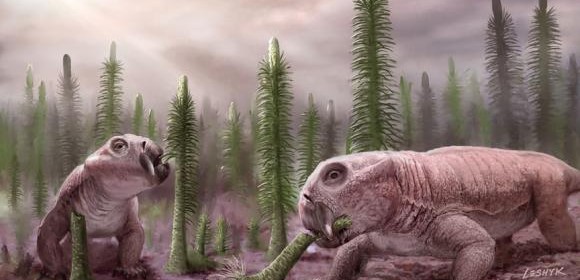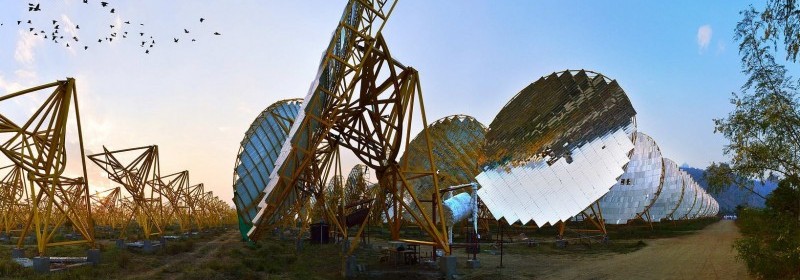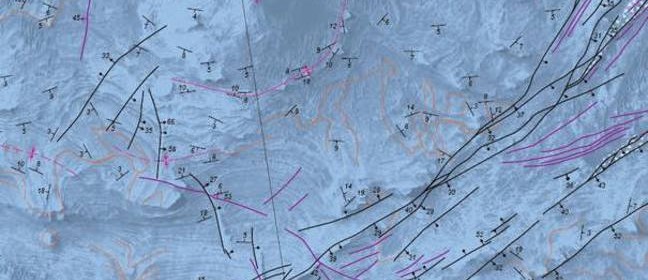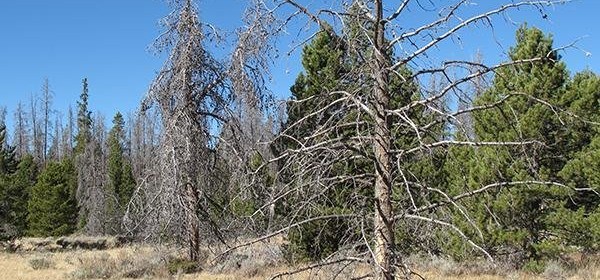The Effects of Global Warming on Polar Bears

Polar bear numbers are expanding The Effects of Global Warming on Polar Bears has been quite significant. “A main Canadian power on polar bears, Mitch Taylor, said: ‘We’re seeing an increment in bears that is truly phenomenal, and in spots where we’re seeing an abatement in the populace it’s from chasing, not from environmental change.’” (Scotsman.com) Polar bears are found […]
Read more

